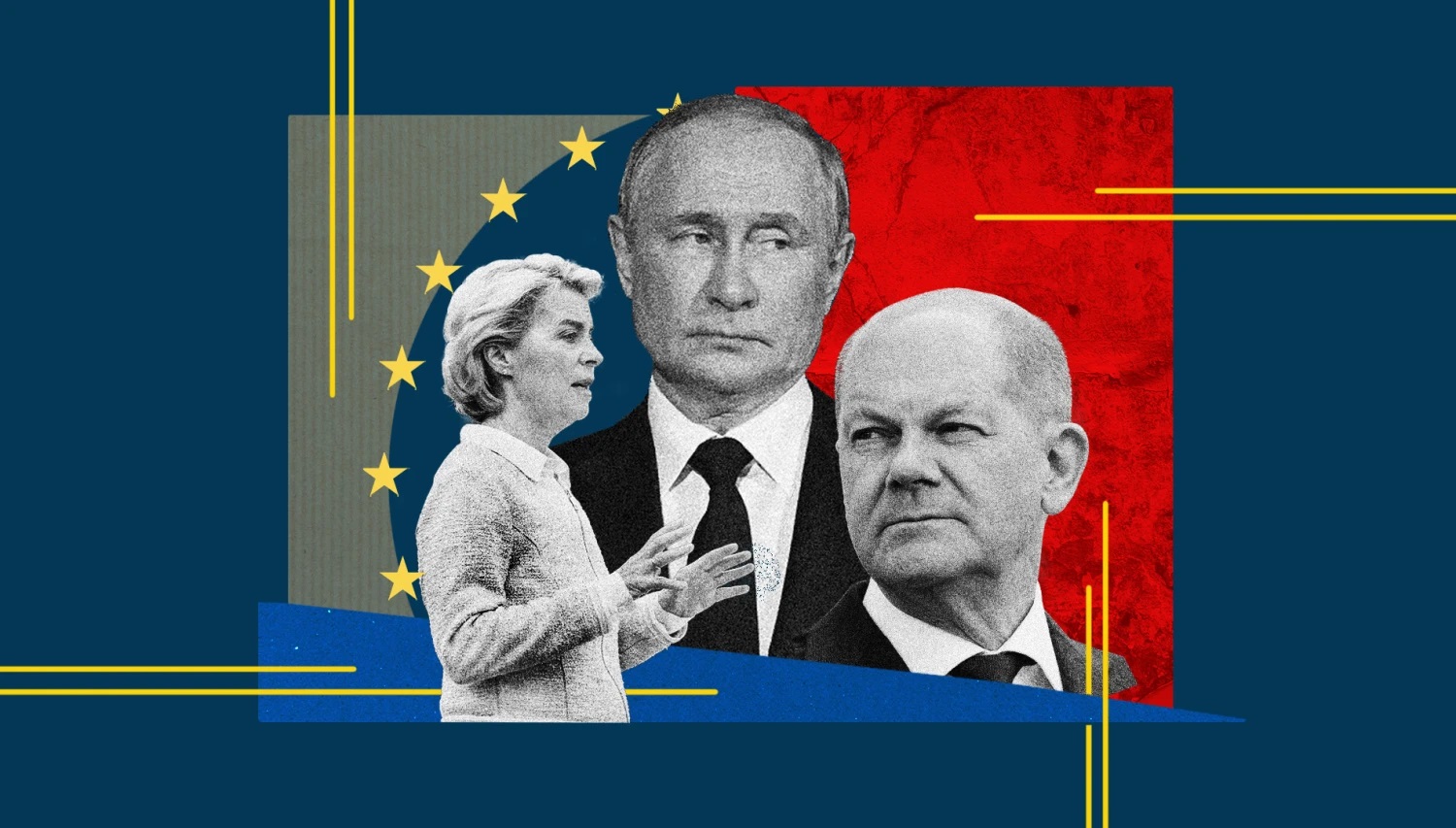The European Commission on Tuesday, June 17, 2025, firmly declared that Russian gas will no longer be part of the EU’s energy future, as it unveiled a plan to fully eliminate fossil fuel imports from Russia by 2028.
Dan Jørgensen, the EU’s energy commissioner, emphasized that the proposed prohibition on Russian gas imports would remain in place regardless of whether the war in Ukraine comes to an end.
The proposal is not merely a reaction to the invasion, he stressed, but a strategic response to years of Russia using energy as a political tool.
EU officials referenced previous incidents when Russia restricted or halted gas supplies to Europe, in 2006, 2009, and 2014, as well as a deliberate reduction of gas flow in 2021, ahead of its full-scale invasion of Ukraine in 2022.
These disruptions significantly contributed to the sharp rise in energy prices and inflation across the EU.
Under the new policy, European companies will be barred from importing Russian gas or providing related services to Russian clients at EU liquefied natural gas (LNG) terminals.
New contracts signed after the proposal’s release must be terminated by January 1, 2026, while existing agreements must be concluded by January 1, 2028.
Despite some resistance from countries such as Hungary, Slovakia, and Austria, the measure is expected to pass, as these nations do not appear to have enough support among other member states to block it from becoming EU law.
Jørgensen reiterated that the EU’s move is driven by concerns over energy security, not just geopolitical events.
He stated, “This ban is introduced because Russia has weaponised energy against the EU and engaged in blackmail.
“Therefore, it can no longer be regarded as a reliable trading partner.”
He added that this stance would not change, even in the event of a peace agreement.
To prevent circumvention of the ban, EU importers will be obligated to disclose detailed information to customs authorities regarding the origin of their gas.
This is supposedly to ensure Russian gas cannot be disguised and sold under other national identities.
While the EU has already significantly reduced its dependence on Russian pipeline gas, the bloc continues to import large quantities of Russian LNG.
In fact, 2024 saw record purchases of Russian LNG, leading to growing concerns about Europe’s true commitment to supporting Ukraine and meeting its climate goals.
Currently, Russian gas is projected to account for around 13% of EU imports in 2025, a notable drop from 45% in 2021.
In response to concerns over potential legal repercussions for breaking contracts, the European Commission expressed confidence that companies ending long-term deals would not be held financially responsible.
Jørgensen explained that the EU directive qualifies as a “force majeure” event—meaning it is beyond the control of individual companies, and thus they are not at fault for non-compliance.
The EU also plans to phase out Russian oil imports by 2028. Russian oil made up 27% of EU imports in 2021 but now constitutes just 3%.
However, some exemptions remain. Hungary and Slovakia still benefit from a carve-out granted in 2023, which allows them to continue receiving Russian oil via the Soviet-era Druzhba pipeline.
Since this exception was negotiated under a separate EU sanctions framework, it is not affected by the current legislation.
Hungary has been especially vocal in its opposition.
Foreign Minister Péter Szíjjártó claimed that Hungarian households could face energy bills up to four times higher if Russian gas is cut off.
He even posted a dramatic video on social media to underscore his concerns.
EU officials, however, have pushed back against such claims, denying that the proposed changes would significantly raise energy prices.
Austria, while not as outspoken, has also expressed doubts.
The Austrian energy ministry suggested the EU should remain open to resuming Russian gas imports if peace were achieved.
Nonetheless, critics within Austria have condemned this stance.
Lena Schilling, a Green MEP and former climate activist, described the position as both short-sighted and morally indefensible.
“Have we learned nothing from bombed hospitals, abducted children, and a war of aggression in Europe?” she asked, highlighting the human cost of maintaining ties with Russia.







